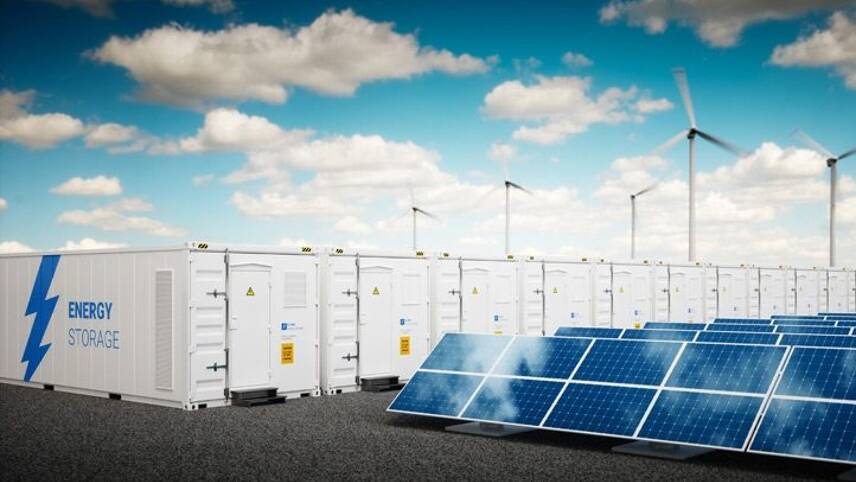Register for free and continue reading
Join our growing army of changemakers and get unlimited access to our premium content

Figures published by RenewableUK in April last year confirmed that the UK’s energy storage pipeline had surpassed 32GW for the first time, doubling year-on-year
The Bank has agreed to a debt transaction worth £62.5m to support Pulse Clean Energy and its aim to invest more than £1bn to deploy more than 1GW of battery storage systems across 20 UK sites over the next three years.
Launched in summer 2021 to replace the role of the European Investment Bank (EIB) in the UK post-Brexit, the Bank invested in seven deals worth £610m in its first year.
The new commitment will support a storage portfolio pipeline that will save around 1.9 million tonnes of CO2 emissions over the assets’ lifetime – equivalent to the emissions of 28,500 homes over 15 years. The projects will also create 200 green jobs.
UK Infrastructure Bank’s chief executive John Flint, said: “If we are to fully harness the power of renewables, we need to vastly increase our storage capacity – by as much as six times by 2030 alone, according to National Grid estimates. By offering flexible debt financing, we will unlock further investment and accelerate the development of the UK’s battery storage sector.
“Alongside the climate benefits, the integration of more low-carbon power technologies could save the UK energy system billions, which in turn will lead to lower energy bills for everyone.”
Figures published by RenewableUK in April last year confirmed that the UK’s energy storage pipeline had surpassed 32GW for the first time, doubling year-on-year. A doubling of the pipeline year-on-year was partly attributed by RenewableUK to a decision to relax planning rules, first announced in summer 2020 and enacted in December 2020.
Last year, the Government reiterated its commitment to “ensure” adequate scaling up of the nation’s long-duration energy storage by 2024.
Spending plans
Last year, the UK Infrastructure Bank outlined how it plans to invest £22bn to “tackle climate change and regional inequalities”, with clean energy listed as the largest area of investment across technologies.
The portfolio will focus on five key areas: clean energy, transport, waste, digital and water, with clean energy set to gain the largest portion of funding. Water and waste are listed as the smallest areas of funding, with the Bank citing a lack of current investment opportunities.
Specifically across low-carbon technologies, the Bank’s new strategy outlines plans to focus on low-carbon hydrogen, CCUS, decarbonising heat in buildings, financing retrofits and upgrades and enabling local authorities to invest in zero emissions and electric vehicles and infrastructure.
The Bank has since confirmed that it has funnelled £250m into NextPower’s UK ESG Fund, which exists for the specific purpose of expanding the nation’s solar generation capacity via the construction of new utility-scale projects. NextEnergy Capital is hoping to raise at least £500m for the fund in total, to enable the construction of up to 2GW of solar capacity across as many as 60 sites.


Please login or Register to leave a comment.